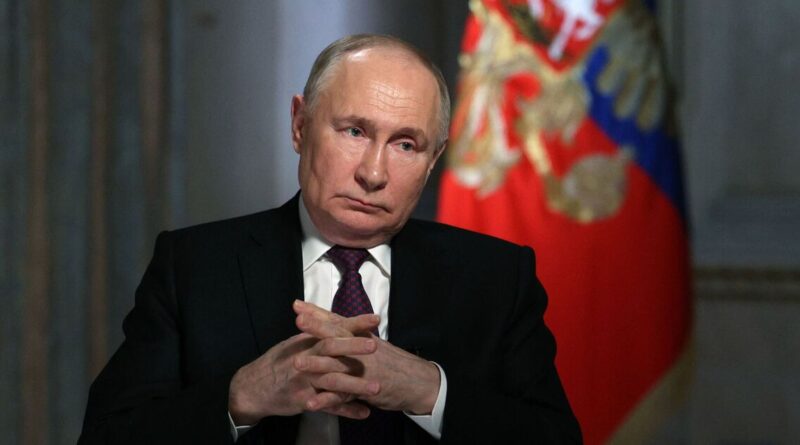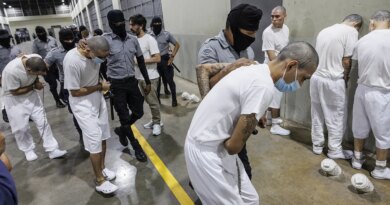Russia accused of ‘fraud’ by paying voters to stop country joining EU | World | News
Russia has been accused of paying voters to stop them from supporting Moldova from becoming a European Union member by 2030, as the final votes are counted, with the anti-EU campaign appearing to have narrowly won.
The result, if it goes the way of the anti-EU, pro-Kremlin campaign, will come as a major shock, as the ‘Yes’ campaign had a sizeable poll lead going into the referendum.
Meanwhile, the BBC reported that it saw evidence of voter fraud and the incumbent pro-EU president of the country Maia Sandu branded the result an “unprecedented assault on democracy”.
With almost all the votes counted, the result appears to be ‘Yes’ on 49.9 percent and ‘No’ on 50.1 percent. However, the referendum is not binding and the government appears ready to continue accession talks.
Ms Sandu accused “criminal groups” of working in lock-step with “foreign forces” and using cash and propaganda to influence the vote.
She also claimed her government had “clear evidence” that 300,000 votes had been bought. However, the Kremlin has unequivocally denied any involvement.
The BBC had reporters in the Russian-occupied breakaway state of Transnistria in the east of the country on the Moldovan-Ukrainian border.
The UK national broadcaster reported that it found clear evidence of voter-buying.
The broadcaster said that one of its producers overheard a woman who had just voted ask an election monitor where she would be paid.
According to the BBC‘s report, the woman, when questioned admitted she had agreed to vote for money.
She reportedly spoke angrily that the man who had sent her to the polling station was now ignoring her calls. “He tricked me!” she said.
However, she did not reveal who she voted for.
Last month, Ilan Shor – a Moldovan pro-Russian tycoon – offered cash to convince “as many people as possible” to back the No vote or to abstain in the referendum.
Then this week, Mr Shor released a video calling people to vote for “anyone but Sandu” in the presidential election, the first round of which was running at the same time as the EU referendum.




